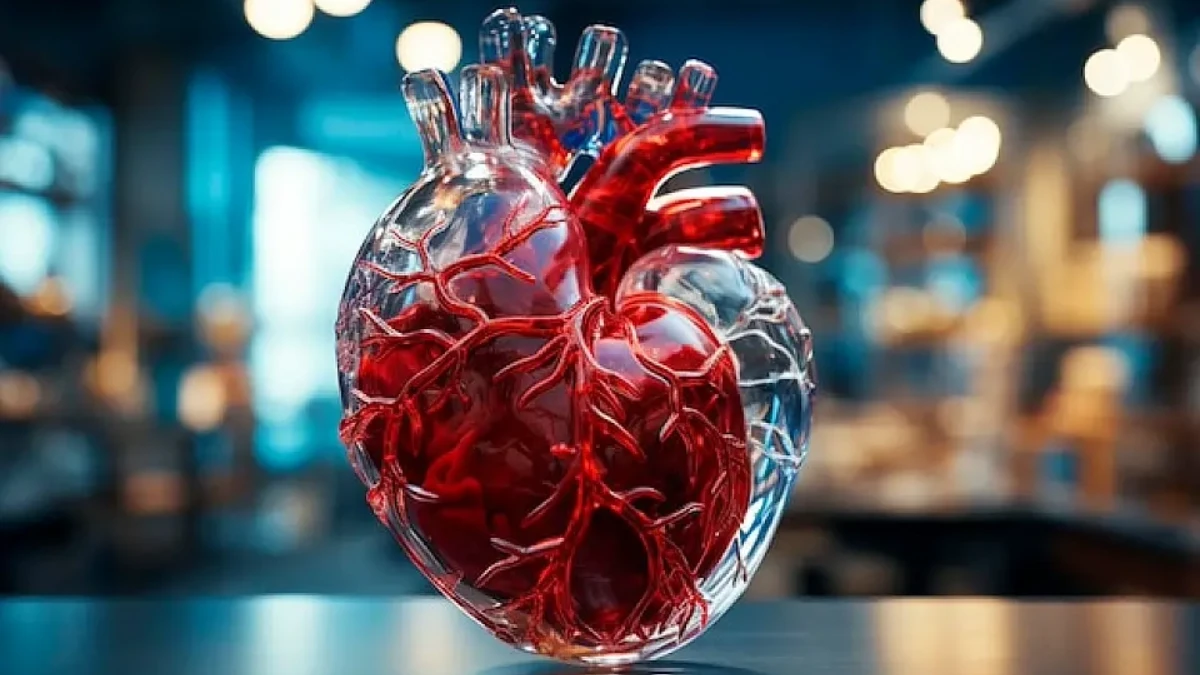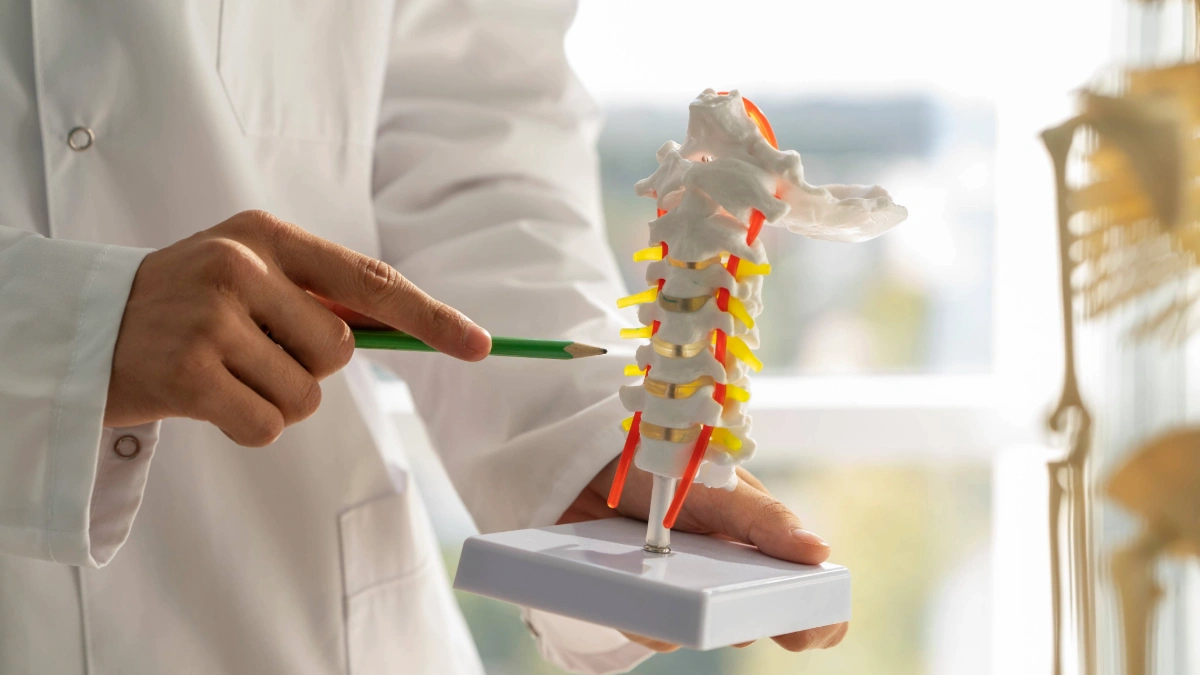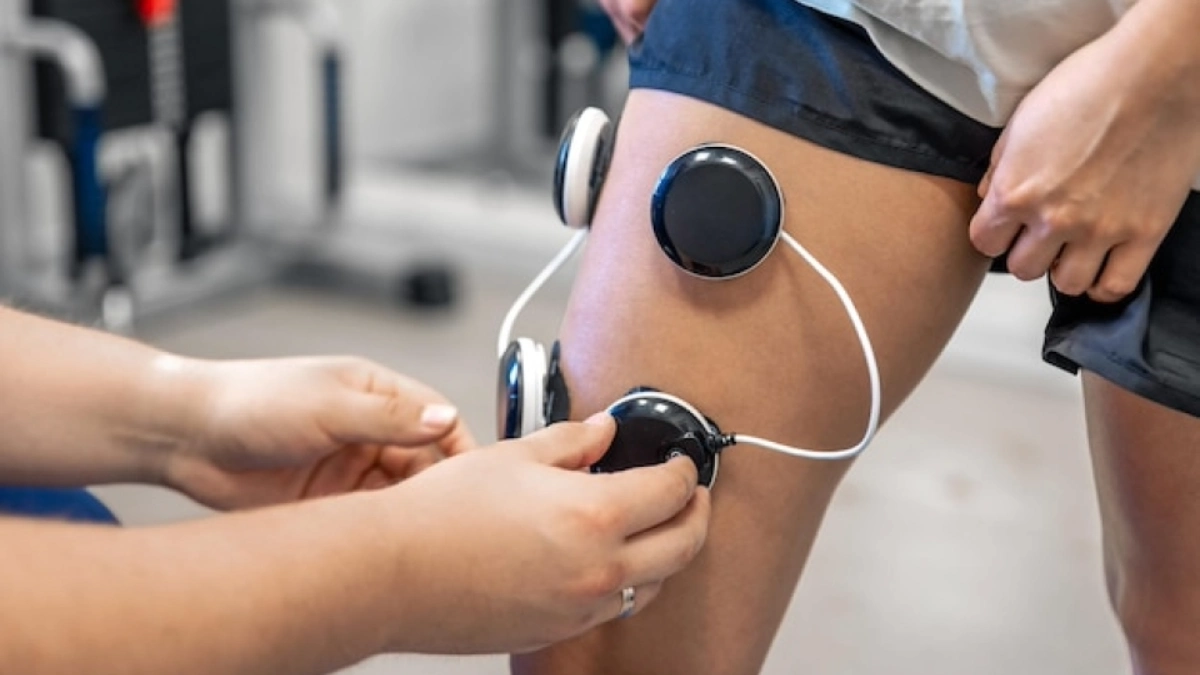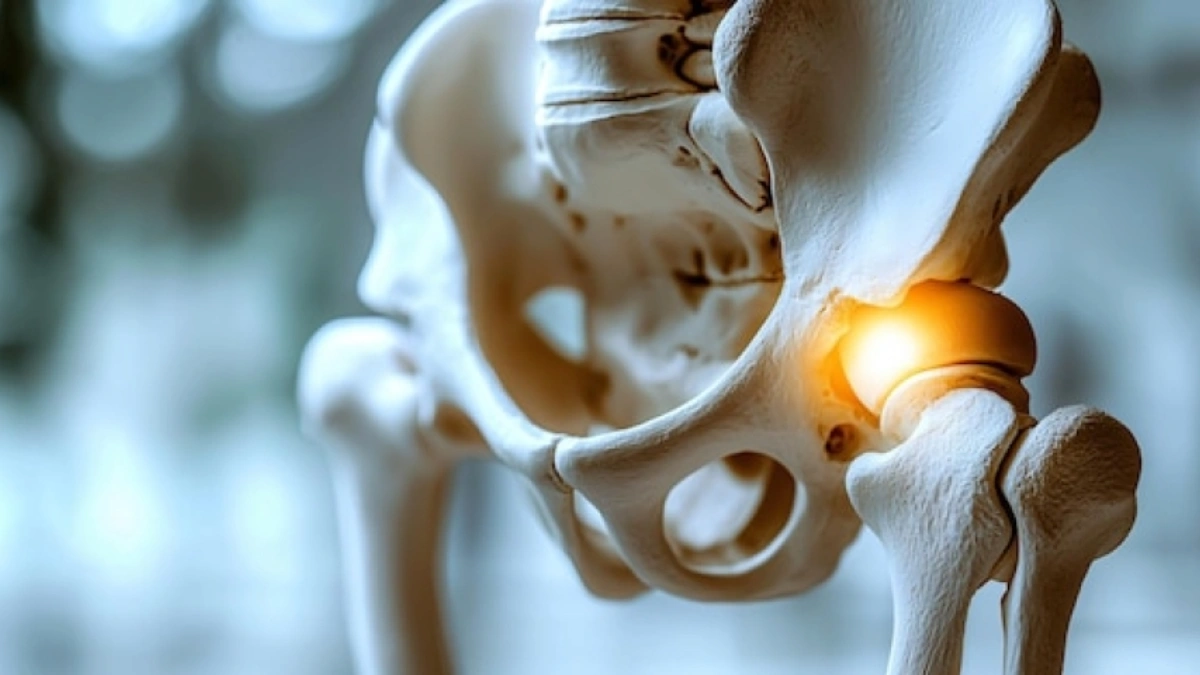Cardio-oncology in Turkey has grown over the past decade, focusing on the heart risks linked to advanced cancer treatments. With treatments like Trastuzumab, VEGF tyrosine inhibitors, and anthracycline-based chemotherapy improving cancer survival rates, they also pose potential cardiovascular toxicity. This growing need has led Turkey to establish specialized cardio-oncology services, offering comprehensive care to cancer patients internationally. These services aim to mitigate the cardiac risks linked to diverse cancer therapies, ensuring that cardiovascular complications during and post-treatment are effectively managed.
Understanding the Cardio-Oncology Impact Factor
Cardiovascular complications from cancer treatment represent a critical clinical issue in cardio-oncology. In Turkey, this focuses on identifying patients at high risk of CV complications and developing robust monitoring and intervention protocols. Cardio-oncology in Turkey involves close collaboration with oncologists to plan and manage care for patients with concurrent cardiovascular issues. Cardio-oncologists utilise cutting-edge diagnostic technologies like echocardiography and MRI to enhance the effectiveness of cancer treatments while minimizing long-term cardiovascular effects.
Cardio-Oncology Services in Turkey and the UK
The cardio-oncology services offered in Turkey are on par with those in the UK, aiming to provide centralized, high-quality healthcare. These services monitor patients undergoing high-risk therapies, using biomarkers and imaging techniques to detect early signs of cardiac involvement. Cardio-oncology services in Turkey also serve as a repository of clinical expertise, contributing to the global dialogue on best practices in cardio-oncology.
The Role of Cardio-Oncology Services
Cardio-oncology services provide a centralized, consultant-based outpatient clinical service. Their main aims include identifying and managing high-risk patients, supporting oncology care decisions, and long-term surveillance programs for those at risk or with CV complications. The services utilize cutting-edge biomarkers and imaging, such as echocardiography, CMR, and nuclear medicine, to enhance early detection and intervention in Cardio-Oncology.
Who is a Cardio-Oncologist?
In Turkey, cardio-oncologists are specialists who bridge cardiology and oncology, gaining advanced training to address heart diseases in cancer patients. They are vital in evaluating heart function before cancer treatment, managing heart issues during therapy, and ensuring long-term heart health for cancer survivors.
Diagnosing Heart Disorders in Cancer Patients
Diagnosis of heart disorders in cancer patients involves comprehensive evaluations using tests such as ECG, echocardiography, stress echocardiography, CMR scans, chest X-rays, and blood tests. These diagnostic tests are crucial for Cardio-Oncology in Turkey, assessing heart function before, during, and after cancer therapy, ensuring ongoing surveillance and management of any cardiac complications that may arise.
Common Symptoms and Long-Term Management
Cancer-induced heart problems, such as cardiotoxicity, can manifest during treatment or develop years later, affecting a significant proportion of cancer patients. Symptoms include chest pain, irregular heart rhythms, leg swelling, and shortness of breath. By spotting symptoms early, Cardio-Oncology teams in Turkey can take steps to reduce long-term heart risks for cancer survivors.
How Cardio-Oncology Works
The collaborative process in cardio-oncology involves ongoing coordination between oncologists and cardio-oncologists to develop personalized treatment plans that protect heart function while effectively targeting cancer. Cardio-Oncology in Turkey includes regular consultations and testing to allow for the early detection of changes in cardiac health, thus preventing serious complications and improving overall treatment outcomes.
Cardiovascular Complications of Cancer Treatment
Cardiovascular (CV) complications are increasingly recognized as a major clinical issue associated with cancer treatment. These may entail both acute complications, potentially reducing the effectiveness of the therapy, and more prolonged effects, predisposing cancer survivors to cardiovascular disease.
Comprehensive Care for Patients
Patients referred to Turkey’s cardio-oncology clinics benefit from a well-defined pathway of care starting from detailed assessments to tailored treatment strategies. With resources such as electrocardiograms and advanced imaging, these clinics provide essential support to oncologists, enhancing the efficacy of cancer treatment through rigorous heart health monitoring. The emphasis on Cardio-Oncology in Turkey is on minimizing treatment side effects through a personalized approach, combining expert cardiology and oncology insights.
Conclusion
The rise of cardio-oncology in Turkey marks progress in tackling both cancer and heart health in patient care. By providing integrated, specialized services, Turkish healthcare facilities are ensuring that patients not only combat cancer effectively but also maintain optimal heart health. Avicenna International Hospital, a leading medical institution in Istanbul, plays a pivotal role in this field, offering world-class Cardio-Oncology services in Turkey that exemplify high standards and dedication to patient-centred care. Avicenna International Hospital plays a key role in setting global standards for cardio-oncology, reinforcing Turkey’s leadership in innovative healthcare.







